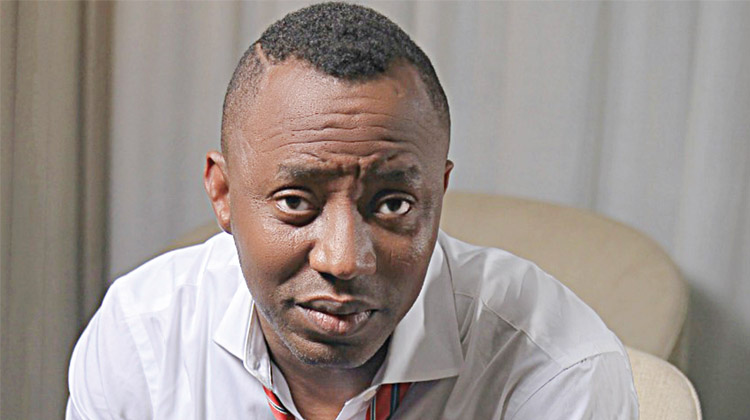The Department of State Services (DSS) has issued a one-week ultimatum to human rights activist and publisher of Sahara Reporters, Omoyele Sowore, demanding that he delete a social media post it described as “false, malicious, and inciting” against President Bola Ahmed Tinubu.
In a letter dated 7 September, the DSS alleged that Sowore made “criminal and derogatory” remarks about the President in a post shared on X (formerly Twitter) on 26 August 2025.
The agency warned that failure to take down the post would compel it to explore “all lawful means” to safeguard national security and public order.
Sowore, a former presidential candidate of the African Action Congress (AAC), had in the post reportedly described President Tinubu as a criminal and accused him of deceiving Nigerians by claiming that corruption no longer existed under his administration.
Responding through its Director of Legal Services, Uwem Davies, the DSS said Sowore’s remarks have triggered public outrage and have the potential to incite disturbance, disunity, and even insurrection.
The security agency called on the activist to comply within the given timeframe to avoid further action.
Background to the story
The latest clash between Omoyele Sowore and the Department of State Services comes amid ongoing tensions between the activist and President Bola Tinubu, whom Sowore has frequently criticised. Sowore, once a prominent supporter of pro-democracy movements in the 1990s alongside Tinubu, has since become one of the President’s most outspoken opponents.
The controversial post in question, made on 26 August 2025, accused President Tinubu of lying about the state of corruption in Nigeria, following Tinubu’s claim that corruption no longer exists under his administration. In the post, Sowore referred to the President as a “criminal,” a statement the DSS now claims is inciting and potentially dangerous to national stability.
This is not the first time Sowore has used social media to criticise the government. His posts often attract wide attention and polarise public opinion. The DSS’s response reflects increasing sensitivity by state institutions to online dissent, particularly as Nigeria grapples with public discontent over economic challenges and governance issues.
Observers note that the DSS’s ultimatum may raise further concerns about freedom of expression and state overreach, especially given Sowore’s previous arrests and continued advocacy for civil liberties.



